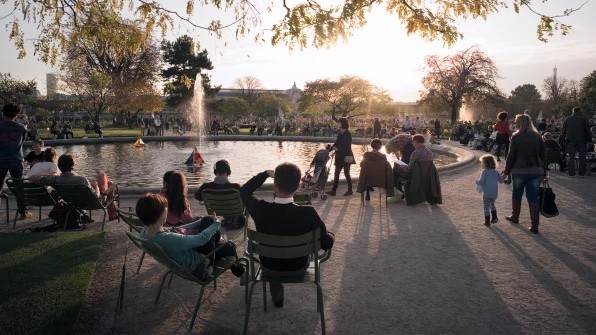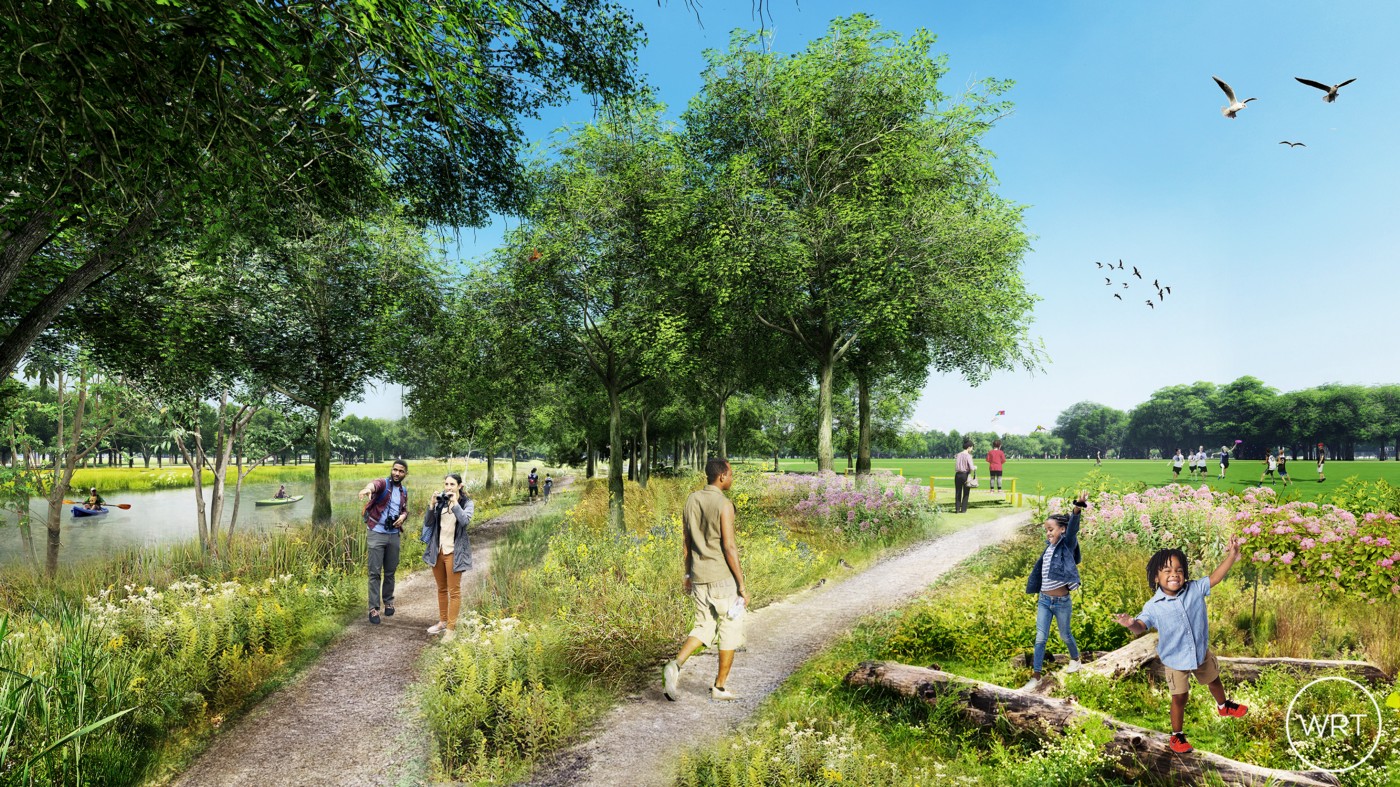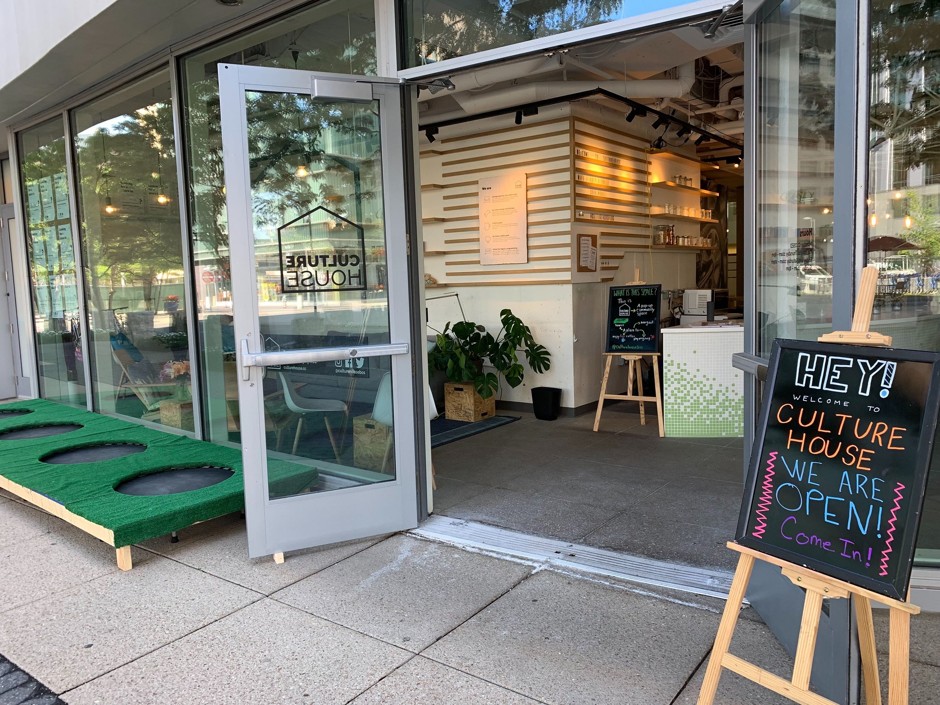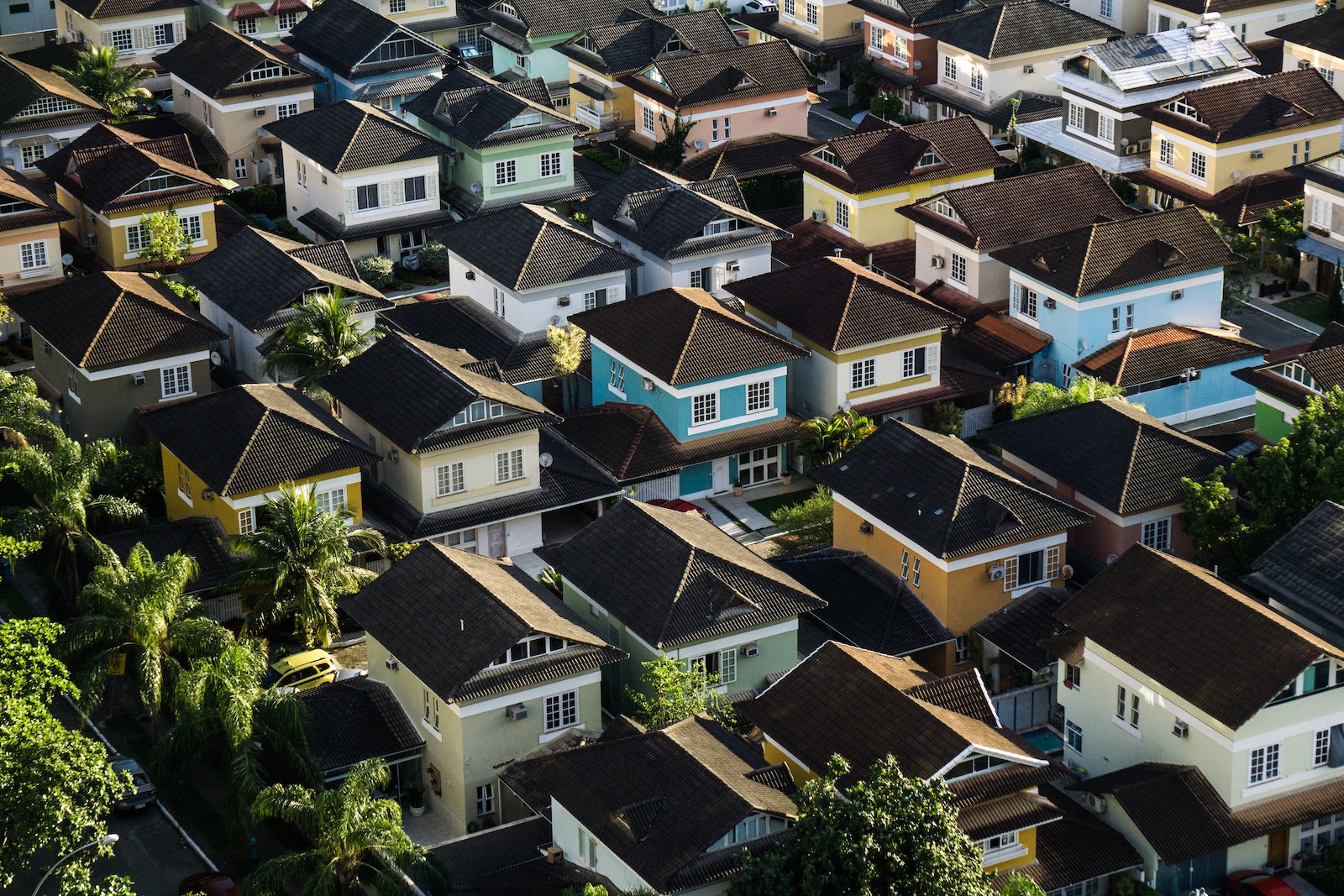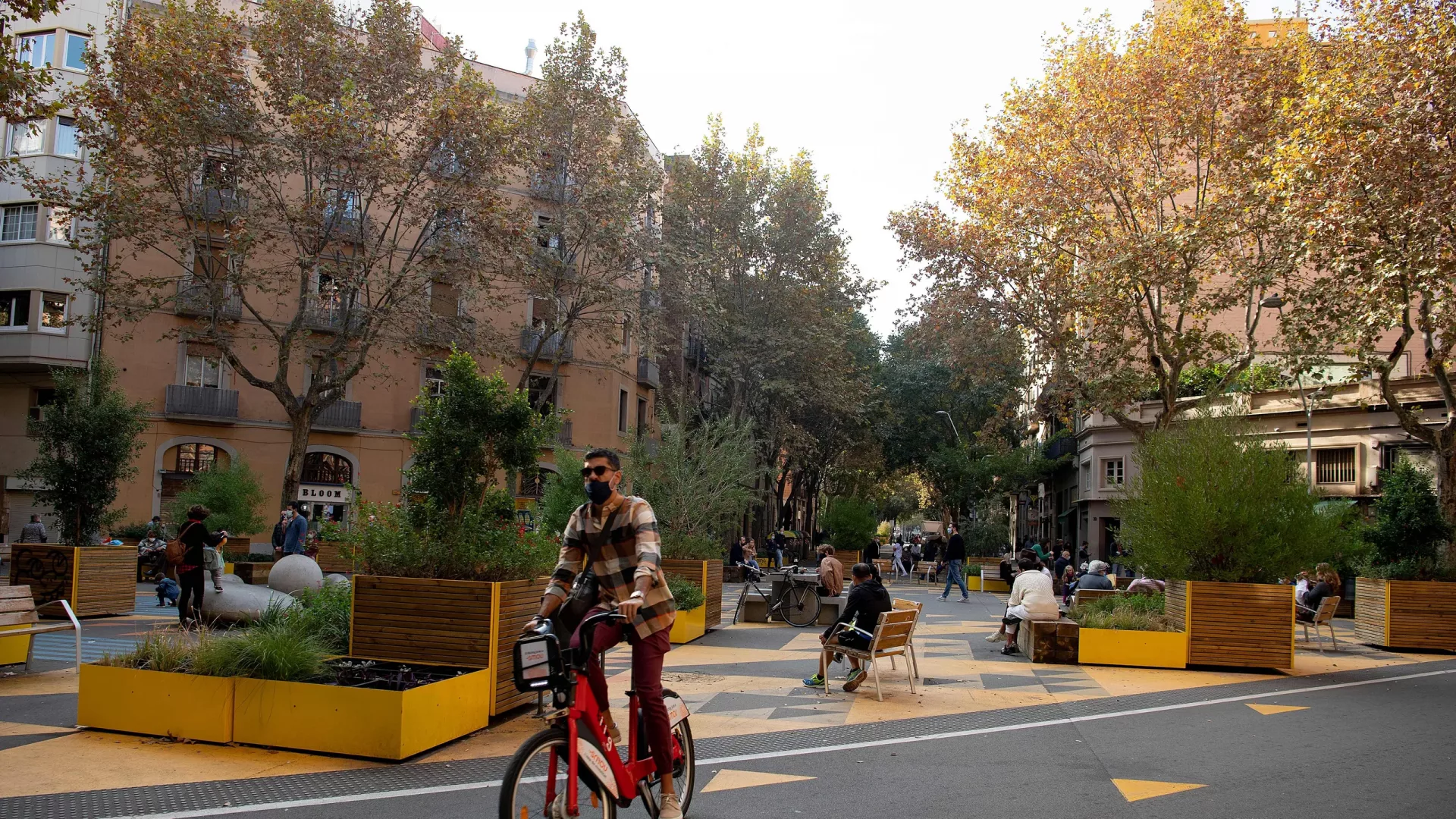The future of cities lies in vibrant civic spaces
Sometimes articles don’t necessarily bring new facts, but they attach some exiting ideas together in a useful synthesis. This is what this article on people not returning to the office is doing. We already know that on typical days offices are still sitting half-empty, “the Kastle Back to Work Barometer currently hovers around just 41%.”

